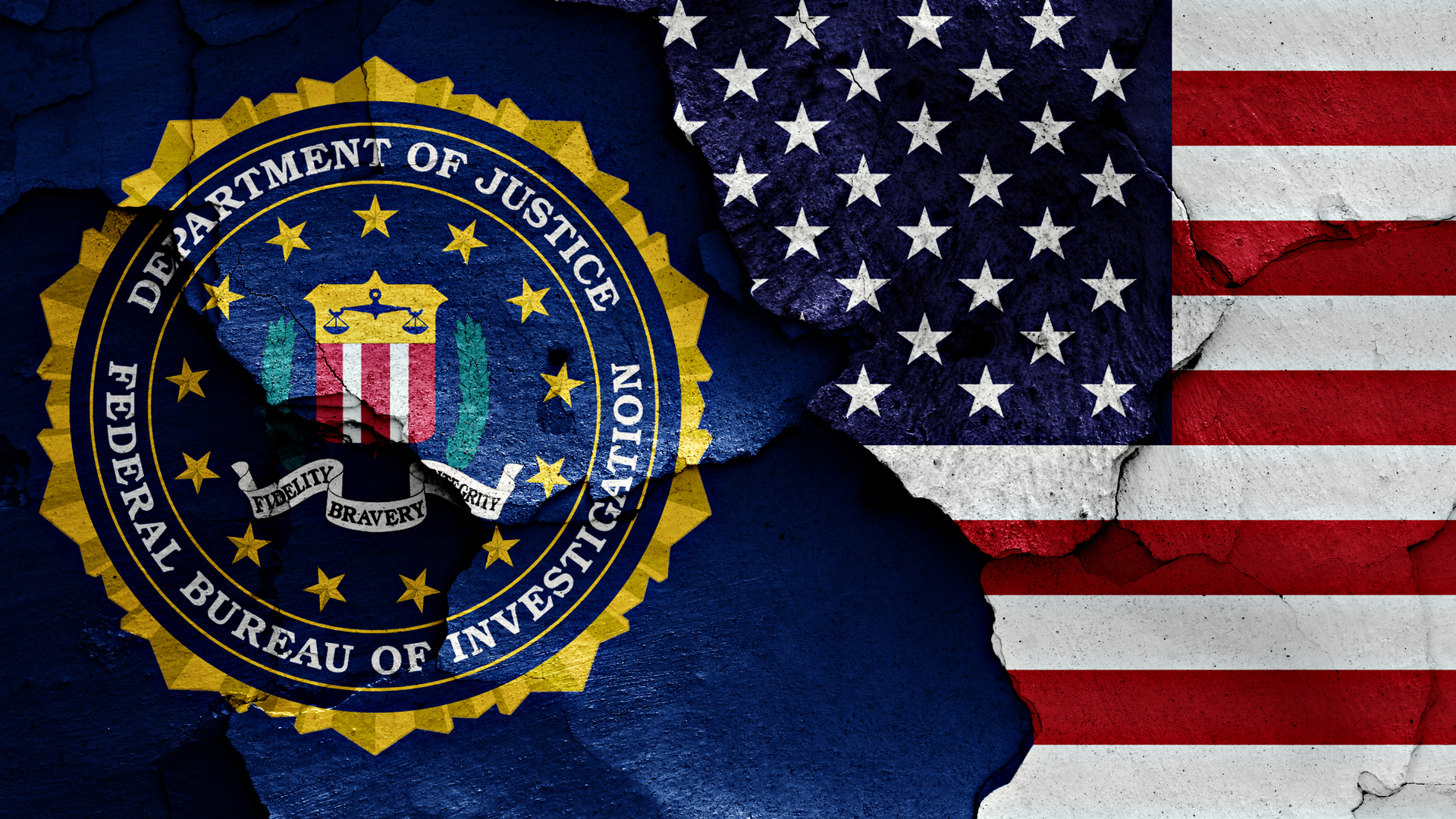FBI asks private sector for advice on ransomware attacks
The “Ransomware Summit” opens lines of communication between corporate and government

Over 100 public-sector ransomware attacks were reported in the US in 2019, roughly double the amount in 2018. The actual number of attacks, however, is likely much larger; many are never reported to federal law enforcement.
Jackson County, Georgia paid $400,000 in March to retrieve the county's data from the hackers that stole it, rather than rebuild its networks altogether. The city of Riviera Beach, Florida, paid $600,000 in a similar case in June. These are just two of the many poorly-secured local governments, businesses, and schools that have been forced to hand over millions of dollars to hackers who can buy ransomware as a service kits for cheap on the dark web.
In an effort to respond to the problem, the FBI quietly invited corporate ransomware experts to a two-day, closed-door conference in September. It was an unprecedented admission by the federal agency that it must rely on the private sector for more data to better investigate ransomware cases.
FBI cyber division section chief Herb Stapleton said the goal of this "Ransomware Summit" was for corporate executives to "help us fill in some of the gaps in the intel" on ransomware threats: "There are probably thousands of attacks every year that aren't reported to the FBI."
The most popular ransomware strains targeting UK businesses Ransomware attacks on UK businesses soar 195% 40% of cybersecurity professionals think paying ransomware demands should be illegal
One executive estimated that the companies in attendance represented more than half of key responders to enterprise ransomware attacks. Among them were representatives from tech giant IBM and law firm Kroll, sharing their knowledge from tracking attackers to helping victims recover. Additionally, cyber insurance companies and a cryptocurrency-tracing Silicon Valley startup claimed seats at the table.
Many details from the summit fall under the "TLP Amber" designation, which prohibits attendees from sharing sensitive information. However, Stapleton told CyberScoop that the FBI requested executives to anonymise victim data and share it with federal officials to "round out" the bureau's picture of the threat.
According to Stapleton, executives asked for a list of the types of information they could provide the FBI to assist in future investigations. In exchange, the bureau updated them on the current climate of ransomware threats.
Get the ITPro daily newsletter
Sign up today and you will receive a free copy of our Future Focus 2025 report - the leading guidance on AI, cybersecurity and other IT challenges as per 700+ senior executives
"Some of these private-sector entities have a lot broader reach than the FBI does," Stapleton admitted. "They have clients who are already concerned with these types of things and there's an opportunity [via the conference] for a unified message about instituting proper back-up protocols for your data."
One attendee, Coveware CEO Bill Siegel, praised the conference for fostering cooperation between federal and private ransomware specialists. Such discussions, he said, can "greatly augment investigations [and] recovery".
Stapleton agreed that the forum will lay the foundation for more thorough discourse between federal officials and the private sector on how to respond to future ransomware threats.
-
 ‘Phishing kits are a force multiplier': Cheap cyber crime kits can be bought on the dark web for less than $25 – and experts warn it’s lowering the barrier of entry for amateur hackers
‘Phishing kits are a force multiplier': Cheap cyber crime kits can be bought on the dark web for less than $25 – and experts warn it’s lowering the barrier of entry for amateur hackersNews Research from NordVPN shows phishing kits are now widely available on the dark web and via messaging apps like Telegram, and are often selling for less than $25.
By Emma Woollacott
-
 Healthcare systems are rife with exploits — and ransomware gangs have noticed
Healthcare systems are rife with exploits — and ransomware gangs have noticedNews Nearly nine-in-ten healthcare organizations have medical devices that are vulnerable to exploits, and ransomware groups are taking notice.
By Nicole Kobie
-
 Alleged LockBit developer extradited to the US
Alleged LockBit developer extradited to the USNews A Russian-Israeli man has been extradited to the US amid accusations of being a key LockBit ransomware developer.
By Emma Woollacott
-
 February was the worst month on record for ransomware attacks – and one threat group had a field day
February was the worst month on record for ransomware attacks – and one threat group had a field dayNews February 2025 was the worst month on record for the number of ransomware attacks, according to new research from Bitdefender.
By Emma Woollacott
-
 CISA issues warning over Medusa ransomware after 300 victims from critical sectors impacted
CISA issues warning over Medusa ransomware after 300 victims from critical sectors impactedNews The Medusa ransomware as a Service operation compromised twice as many organizations at the start of 2025 compared to 2024
By Solomon Klappholz
-
 Warning issued over prolific 'Ghost' ransomware group
Warning issued over prolific 'Ghost' ransomware groupNews The Ghost ransomware group is known to act fast and exploit vulnerabilities in public-facing appliances
By Solomon Klappholz
-
 The Zservers takedown is another big win for law enforcement
The Zservers takedown is another big win for law enforcementNews LockBit has been dealt another blow by law enforcement after Dutch police took 127 of its servers offline
By Solomon Klappholz
-
 There’s a new ransomware player on the scene: the ‘BlackLock’ group has become one of the most prolific operators in the cyber crime industry – and researchers warn it’s only going to get worse for potential victims
There’s a new ransomware player on the scene: the ‘BlackLock’ group has become one of the most prolific operators in the cyber crime industry – and researchers warn it’s only going to get worse for potential victimsNews Security experts have warned the BlackLock group could become the most active ransomware operator in 2025
By Solomon Klappholz

